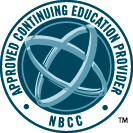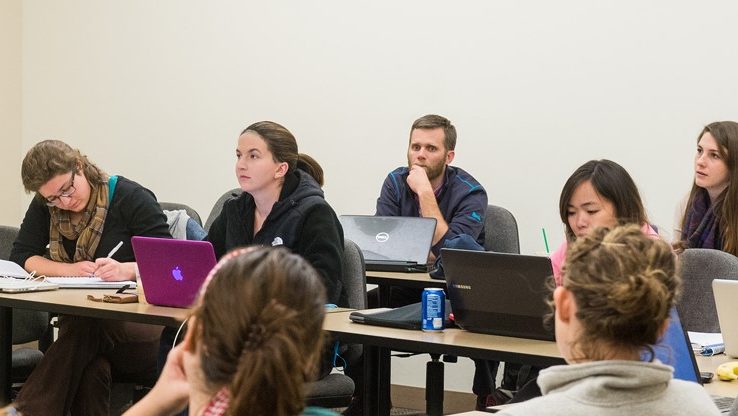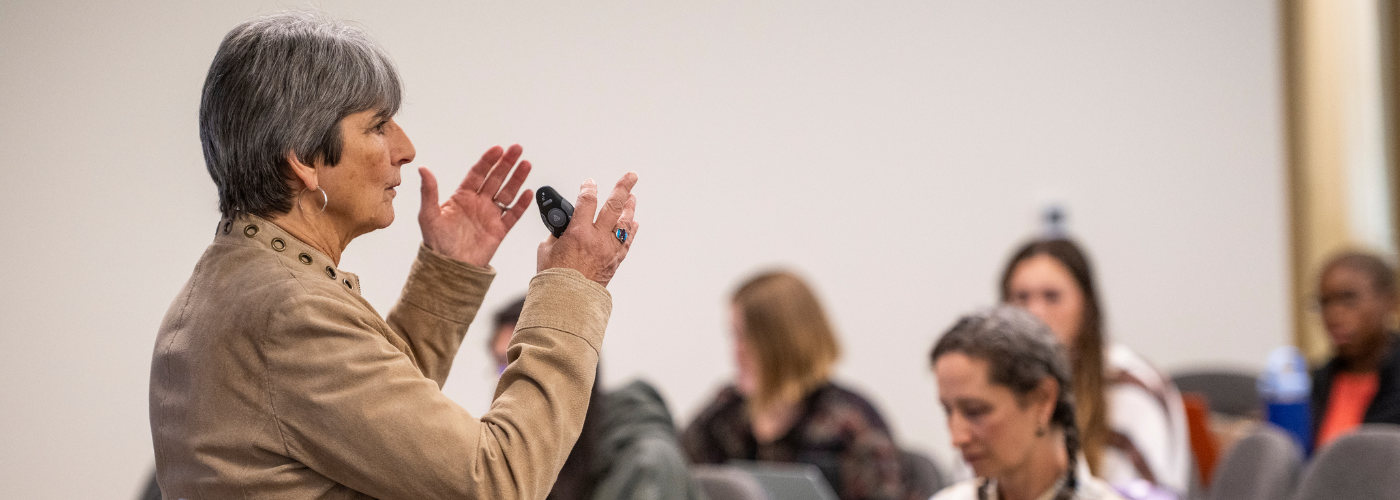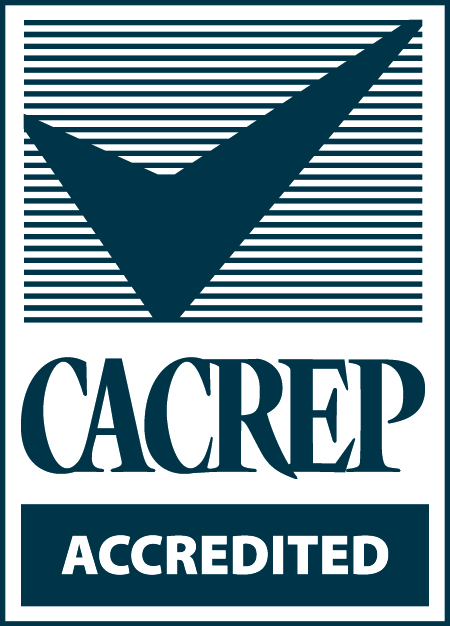CACREP Accredited
Both the Clinical Mental Health Counseling (CMHC) and School Counseling concentrations are accredited by Council for the Accreditation of Counseling and Related Educational Programs (CACREP). The Accreditation provides recognition that the content and quality of the program has been evaluated and meets standards set by the counseling profession.
MA Counseling Program Descriptive Data
2024-2025 CACREP Annual Report
2024-2025 Data
Number of graduates: 105
Degree completion rate: 74%
NCE Scores: 97%
Employment rate: Between 81-90%

Denver Seminary Counseling Division has been approved by NBCC as an Approved Continuing Education Provider, ACEP No. 3094. Programs that do not qualify for NBCC credit are clearly identified. Denver Seminary Counseling Division is solely responsible for all aspects of the programs.

What Sets Us Apart
Practicum can be done on site at our own Denver Counseling Center
Denver Seminary was the first Seminary with a CACREP Accredited Counseling Program
Our students have a 96% National Counselor Exam Pass Rate

Program Entrance Requirements
Bachelor’s degree from a regionally accredited undergraduate institution
Cumulative undergraduate GPA of at least 3.0
Completion of the application for admission and all required application documents

Faith-Infused Counseling
Denver Seminary believes integration is not just a course students take, but something they embody. Our counseling curriculum has intentionally integrated many aspects of theology, hermeneutics, spiritual formation, and biblical interpretation into every course throughout the program. In each course, students are given opportunities to connect and apply doctrine and theology to the study and work of counseling.
Practice What You’ve Learned
While the program is academically challenging, students also have the opportunity for hands-on application of theory through the onsite practicum at Denver Counseling Center and through Denver Seminary’s extensive network of off-campus internships.
The CMHC concentration prepares students for counseling licensure in the state of Colorado as well as for the National Counselor Exam (NCE), while the school counseling concentration is designed to train clinically competent school counselors who are able to integrate Christian faith and school counseling education in K-12 school settings. It also prepares them to meet requirements for licensure and endorsement in the state of Colorado. Additionally, students in our counseling programs take part in our Personal Formation as they grow during their time at Denver Seminary.
The MA in counseling (dual concentration) is designed to uniquely train clinically competent counselors who are able to integrate Christian faith, clinical mental health training and school counseling education in various clinical and school–based settings. The dual concentration prepares students for counseling licensure and school counseling licensure and endorsement in the state of Colorado.

Meet Our Faculty
Our professors have extensive experience in the counseling profession. They model these principles and illustrate how they practically integrate their faith in the counseling field.
Earn Dual Degrees for Less Time and Money
The dual master of arts in counseling (clinical mental health counseling or school counseling) and the certificate in Biblical and Theological Studies was designed for individuals who wish to pursue graduate degrees in counseling and want a deeper exploration of the Bible and the faith dimension of counseling. It combines foundational biblical and theological studies of the MABTS with the clinical best practices of the MA in counseling (clinical mental health counseling or school counseling).
Students who enroll in both the MA in counseling and the certificate in biblical and theological studies will only be required to complete a few additional courses to earn the or certificate. Students complete 64 credit hours of educational requirements to graduate from the MA in Counseling plus an additional 18 credit hours to graduate with the certificate (typically a 25-credit hour program).
The master of arts in counseling degree program from Denver Seminary prepares graduates for success as professional counselors in various specialty areas, including careers in family counseling, mental health counseling, and professional school counseling. Whether your professional goals include clinical practice or educational counseling, the flexibility of the options through our program offers alumni the coursework and experience to succeed.
For more information about this degree program, please contact the Admissions Office or call 303.762.6937.
**Professional Licensure Disclosure to Students:
Denver Seminary’s Master in Counseling degrees meet the current corresponding certification and licensure requirements for the state of Colorado. While we work to design our programs to fit the licensing requirements of most states, Denver Seminary cannot guarantee that your degree will be acceptable in states other than Colorado. Like in other professions, counseling does not have national reciprocity and it is up to each state to determine the type of requirements needed for becoming a school counselor or clinical mental health counselor. Students who plan to seek employment as counselors in states other than Colorado are advised to contact the agency in that state which certifies or licenses counselors in the appropriate setting. If it is helpful to you, we have provided a resource on the CO-HOME page found on Moodle entitled “State by State Counselor Licensure Guide”. We do our best to keep this information up to date but please do not use it as substitute for the information provided directly by the state itself. Additionally, the American Counseling Association also provides resources on this topic.

